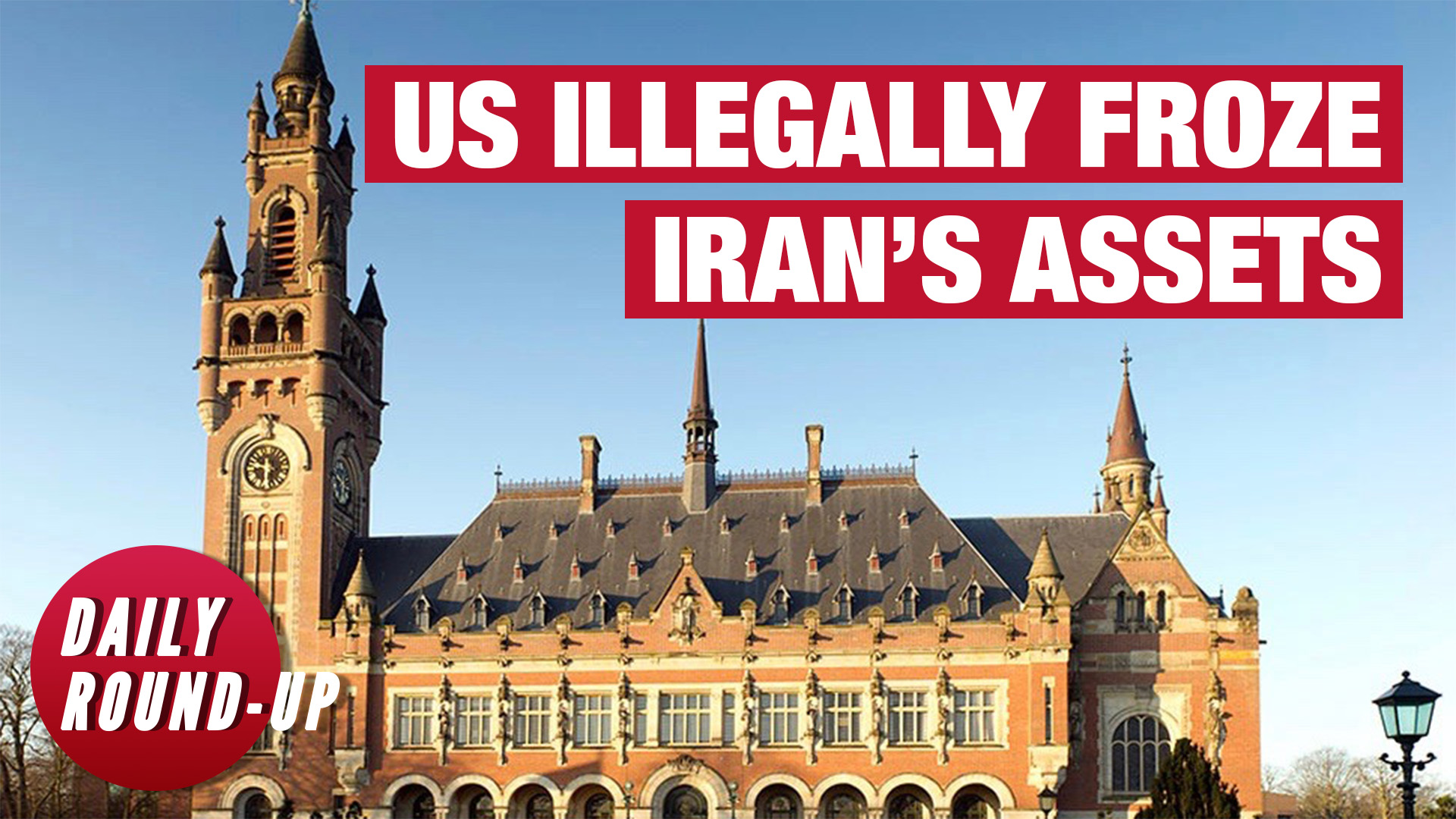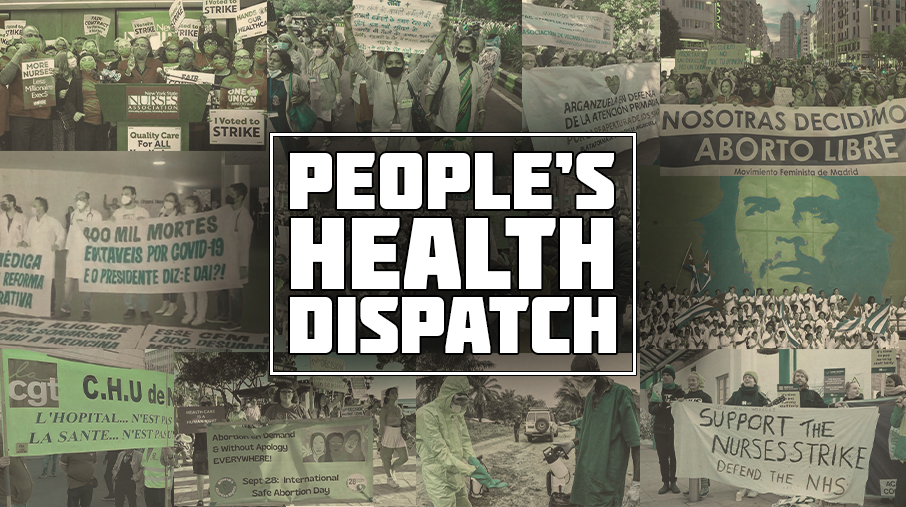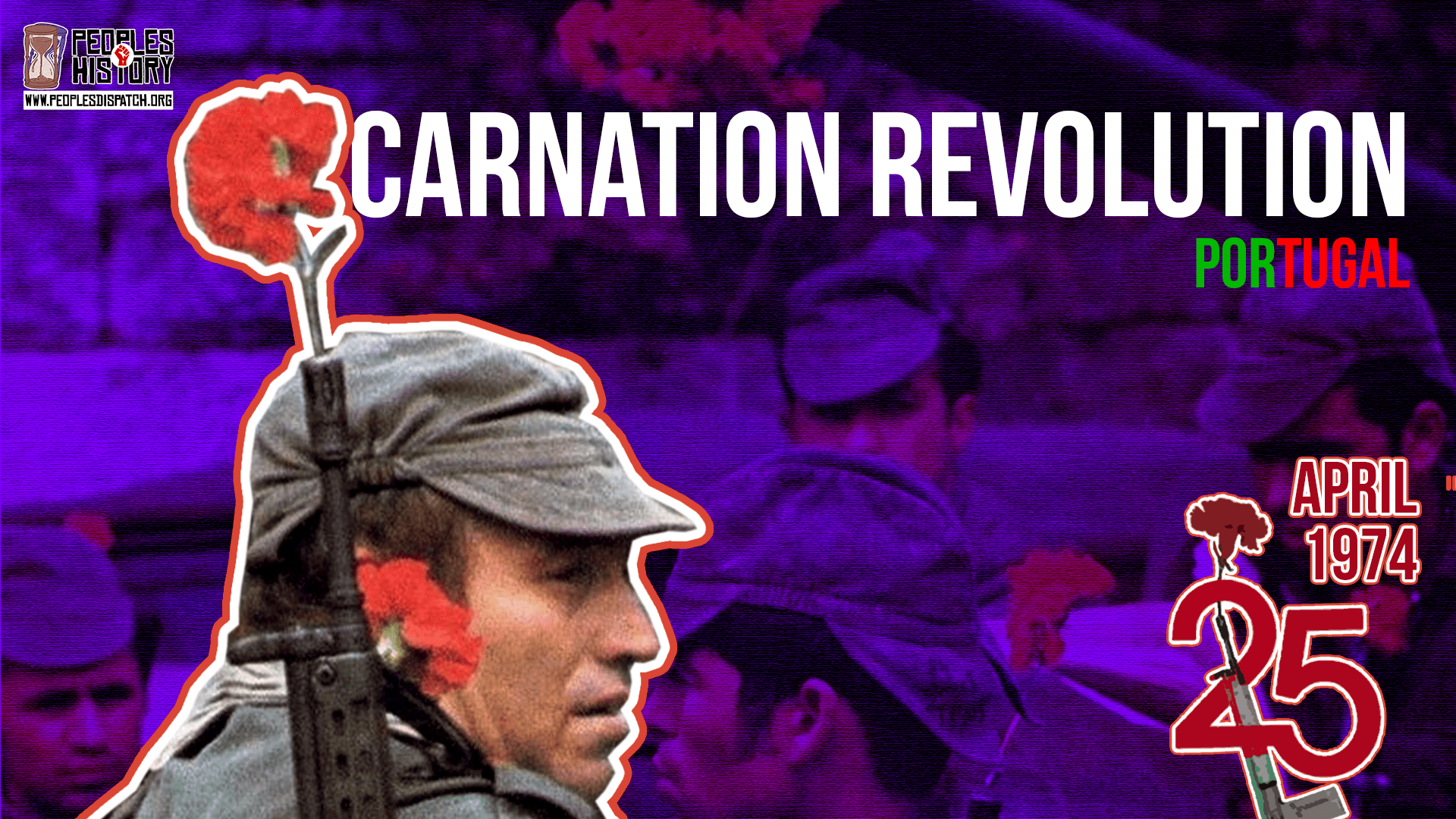 Literacy for liberation: How the Socialist Party of Zambia is fighting illiteracy
Literacy for liberation: How the Socialist Party of Zambia is fighting illiteracy
Since 2021, over 4,000 people in rural and urban areas have become literate in Zambia’s official language, English, as a result of the Socialist Party’s program
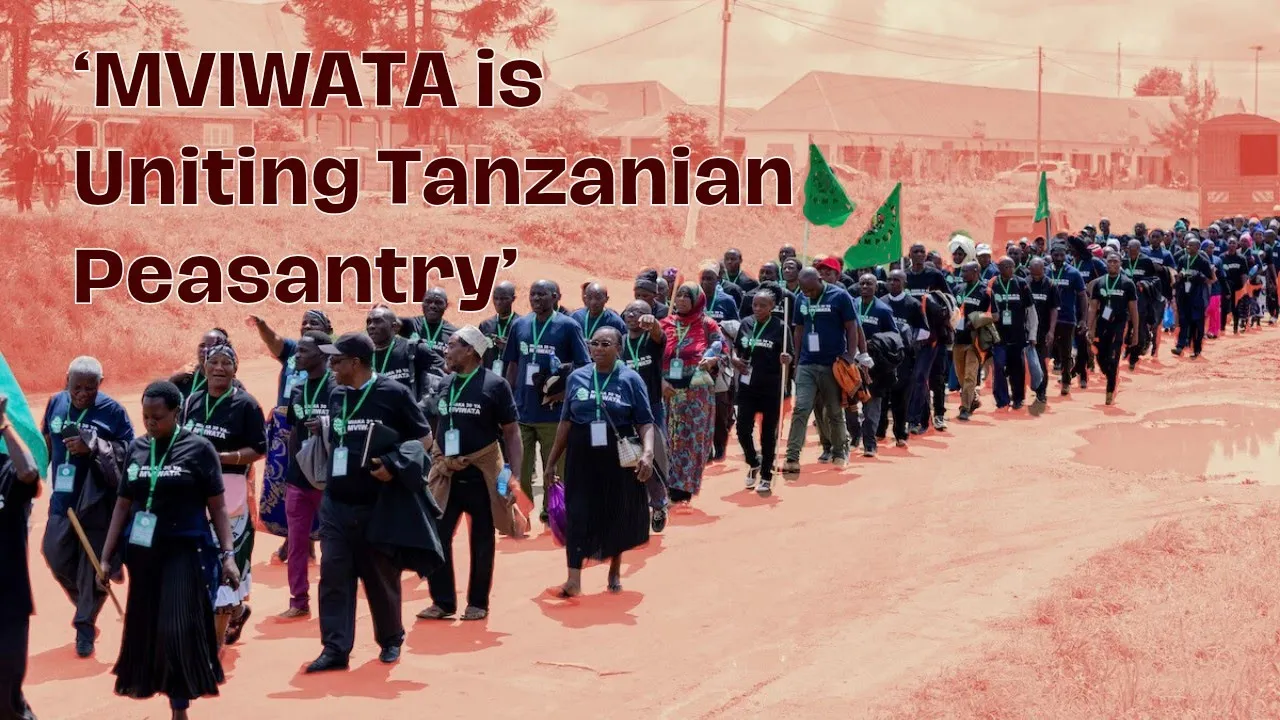 Celebrating its 30th anniversary, MVIWATA vows to strengthen peasant solidarity in Tanzania
Celebrating its 30th anniversary, MVIWATA vows to strengthen peasant solidarity in Tanzania
Peoples Dispatch spoke to two leaders of Tanzania’s peasant movement about the importance of peasant unity and the struggle against neoliberalism
 Over 1,500 farmers gather in Njombe, Tanzania for MVIWATA annual meeting
Over 1,500 farmers gather in Njombe, Tanzania for MVIWATA annual meeting
The movement which is also commemorating its 30th anniversary fights for the dignity and unity of the peasantry in Tanzania in the face of neoliberalism
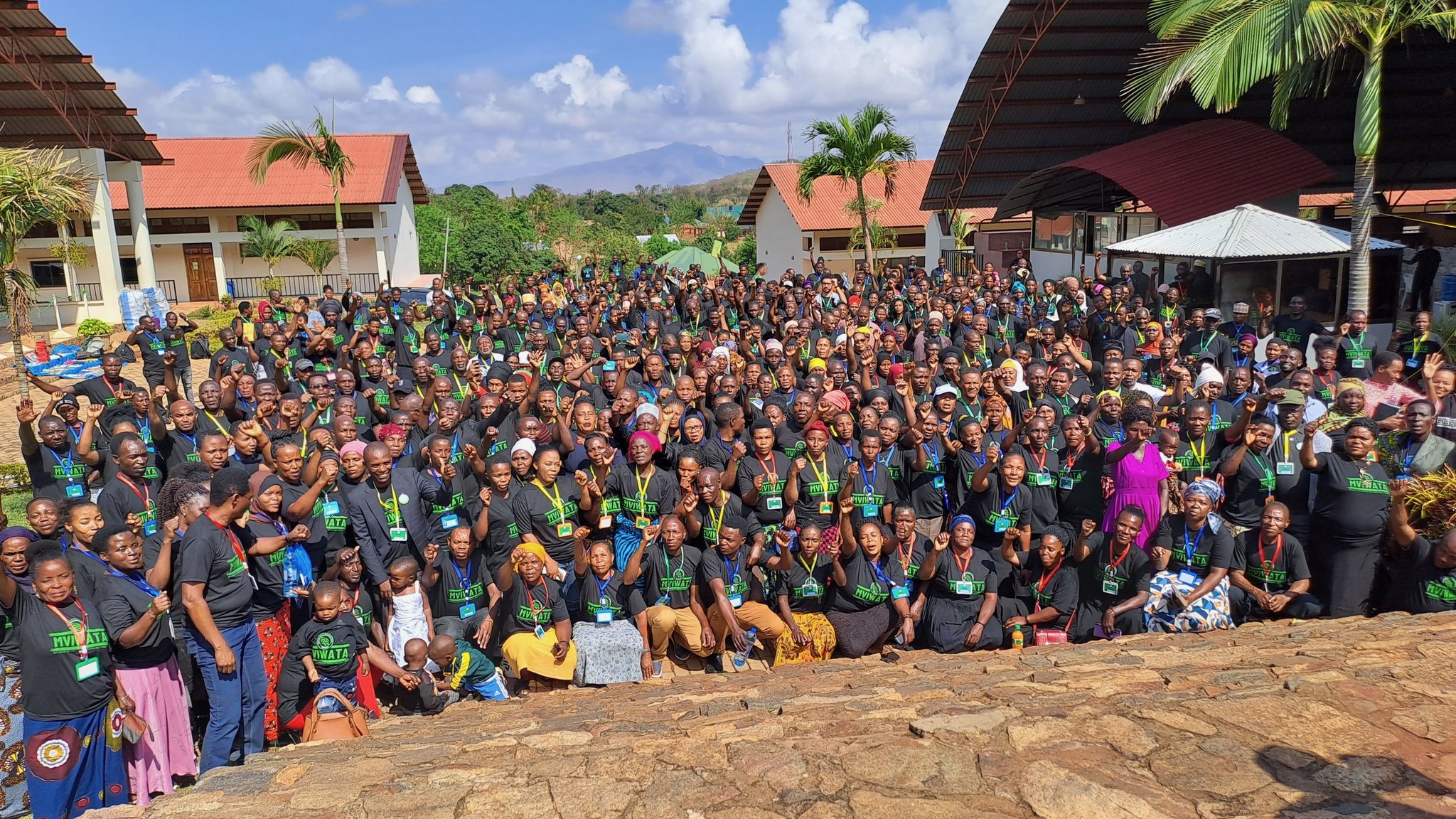 Tanzanian farmers mobilize for agroecology, food sovereignty and Pan-Africanism
Tanzanian farmers mobilize for agroecology, food sovereignty and Pan-Africanism
On November 17-18, over 400 smallholder farmers gathered for the 27th annual meeting of MVIWATA or the National Network of Small-Scale Farmers Groups in Tanzania. Peoples Dispatch spoke to them about their struggle for dignity and justice
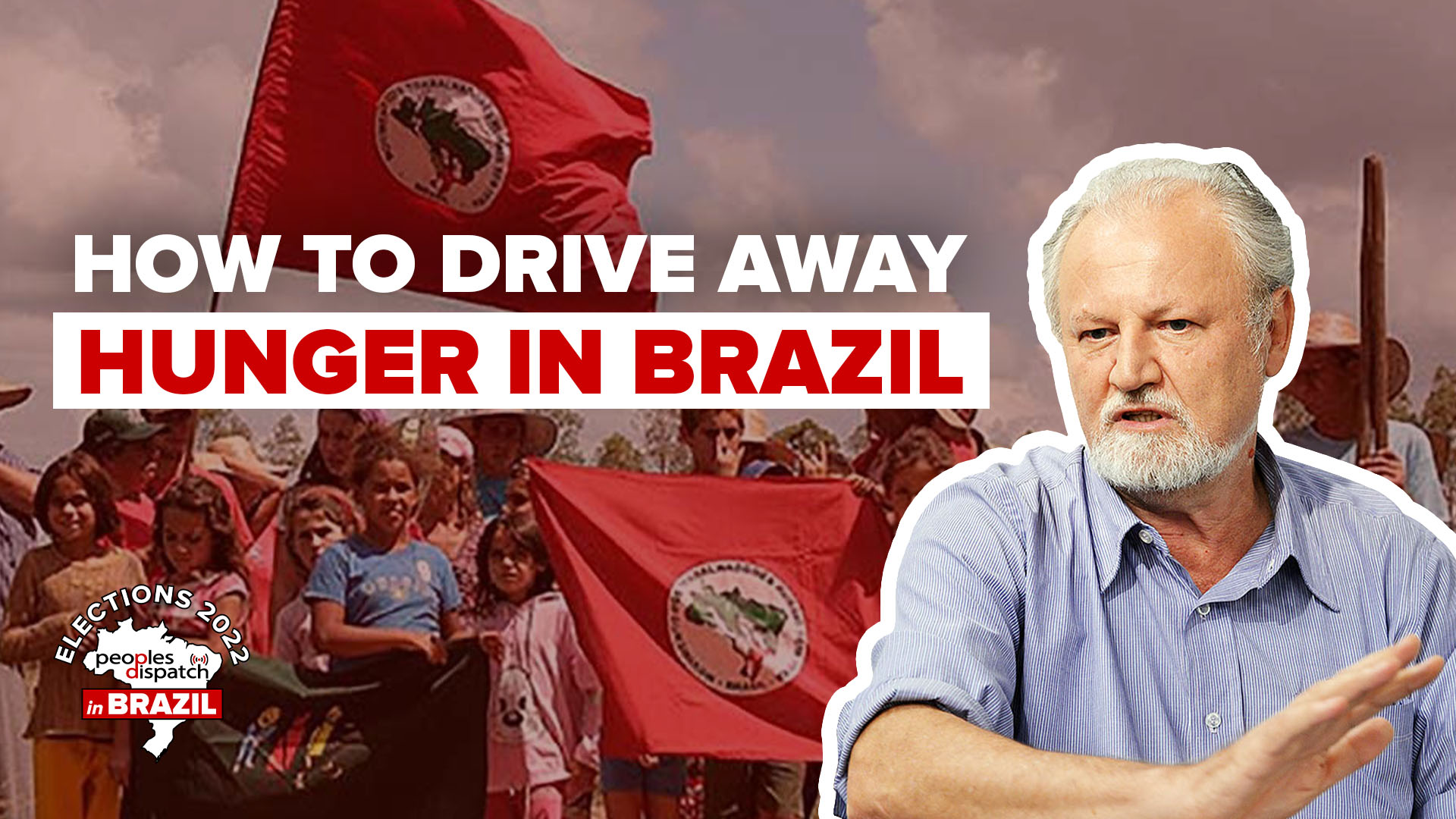 Ending hunger, reviving agriculture: The MST’s vision for post-election Brazil
Ending hunger, reviving agriculture: The MST’s vision for post-election Brazil
João Pedro Stedile of the MST talks about the impact of four years of Jair Bolsonaro’s presidency on the agriculture sector and how it can be revived. He explains the MST’s proposals including urgent measures to alleviate hunger
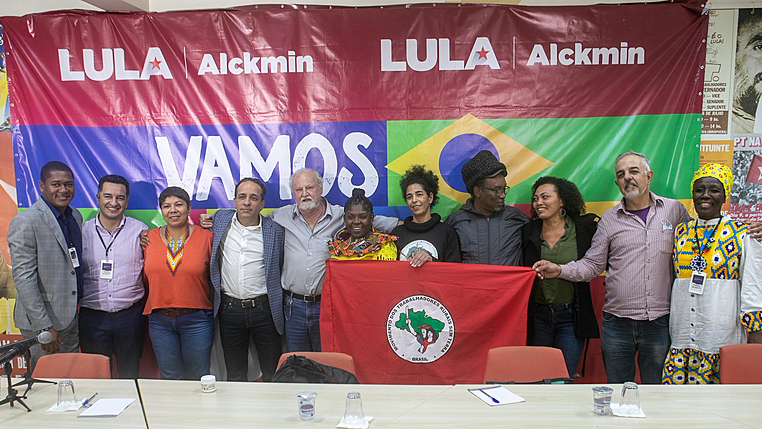 “Dialogue among family,” says MST leader on meeting with Colombian Vice President Francia Márquez
“Dialogue among family,” says MST leader on meeting with Colombian Vice President Francia Márquez
Agrarian reform, agro-ecology, and integration were topics discussed between the MST and the vice-president-elect of Colombia
 “Lula knows that the ecological question is strategic and fundamental,” says Leonardo Boff
“Lula knows that the ecological question is strategic and fundamental,” says Leonardo Boff
The Brazilian theologian discusses the direction of society, the need to save the people and the planet, and Pope Francis
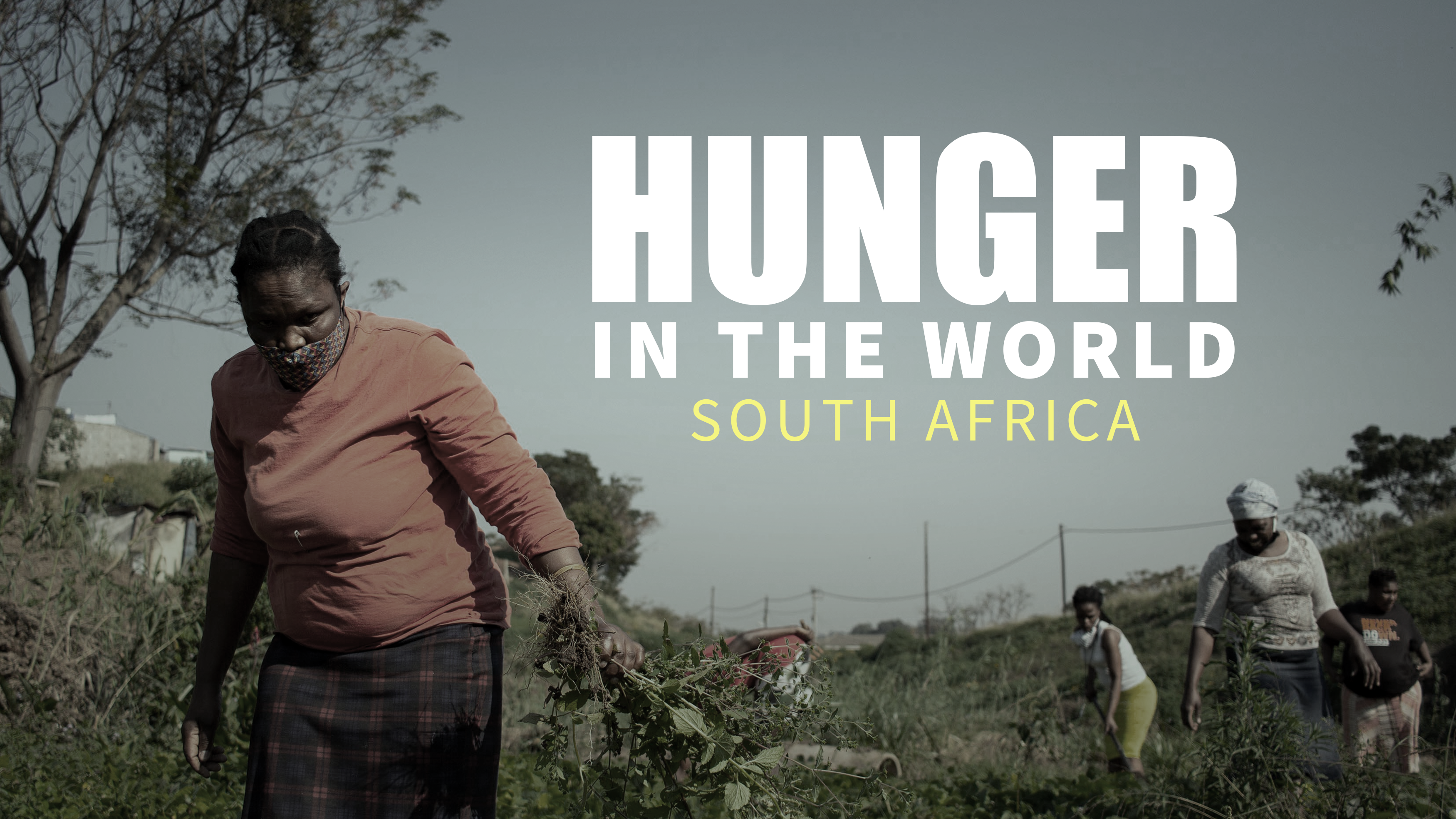 Community at the heart of hunger struggle in South Africa
Community at the heart of hunger struggle in South Africa
Communal gardens and farming enterprises are the beginning of sustainable food sovereignty in South Africa, but a basic income grant is essential to address hunger in the shorter term.
 How did Nicaragua reduce hunger and malnutrition?
How did Nicaragua reduce hunger and malnutrition?
Despite crippling, unilateral sanctions and globally rising food prices, hunger levels in Nicaragua have been falling. How has this been achieved?
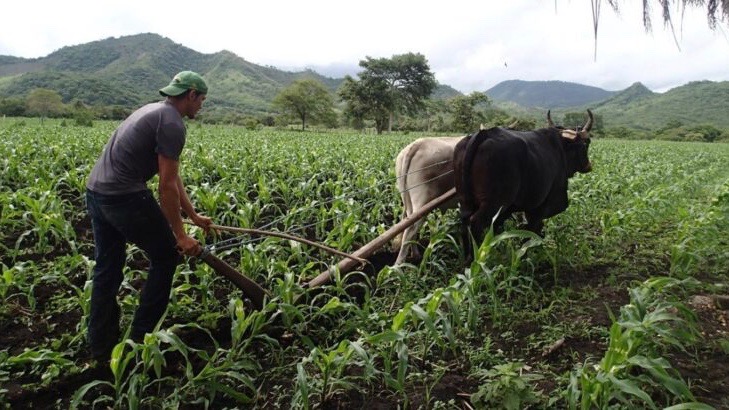 Hunger and food production in Nicaragua: how do we feed the people?
Hunger and food production in Nicaragua: how do we feed the people?
As hunger and food insecurity increases globally, the Sandinista government in Nicaragua has been working for the last decade to strengthen local food production and ensure food sovereignty in the face of sanctions
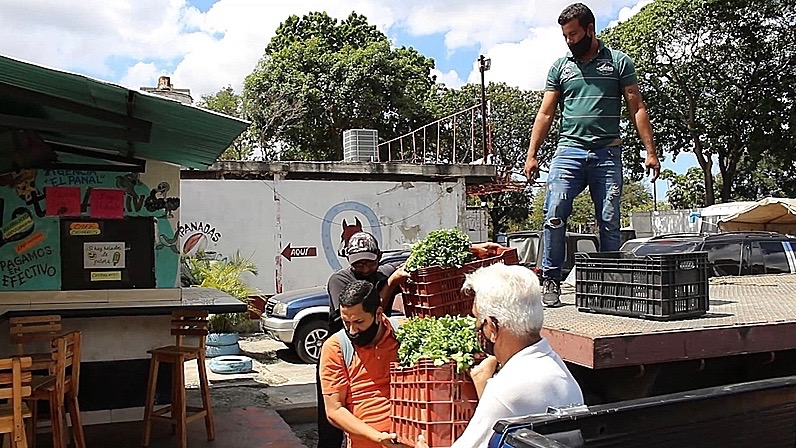 Agro-ecology project links peasant production to urban communes in Venezuela
Agro-ecology project links peasant production to urban communes in Venezuela
In five years of Pueblo a Pueblo, 1,500 tons of food was distributed to more than 300,000 families throughout the country
 The National Guard and the MST in the state of Bahia: Understand what’s happening
The National Guard and the MST in the state of Bahia: Understand what’s happening
The conflict began on September 2 after a court order from the Justice Ministry. The case is related to land reform


